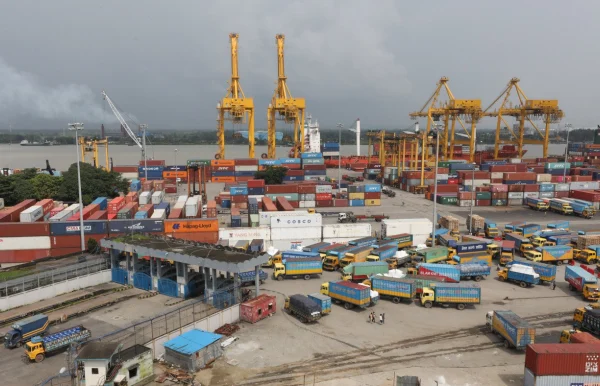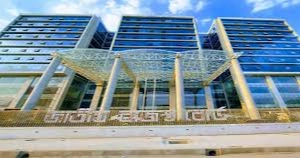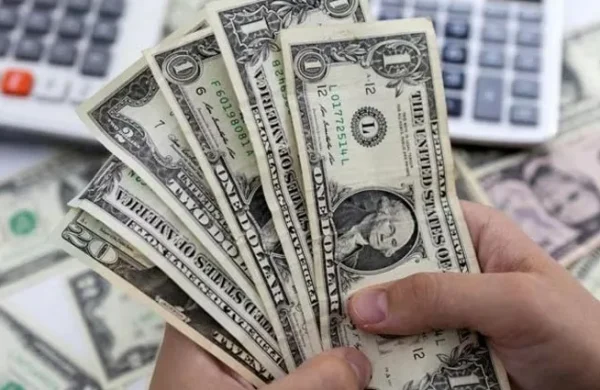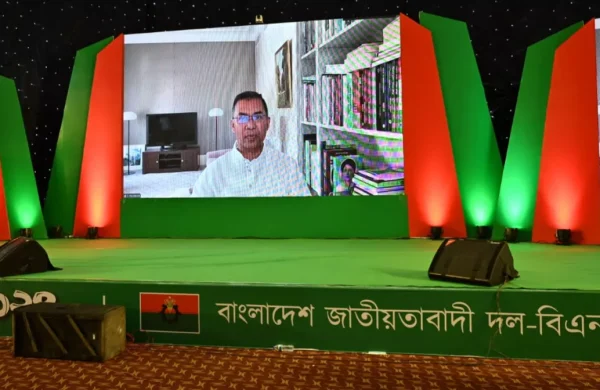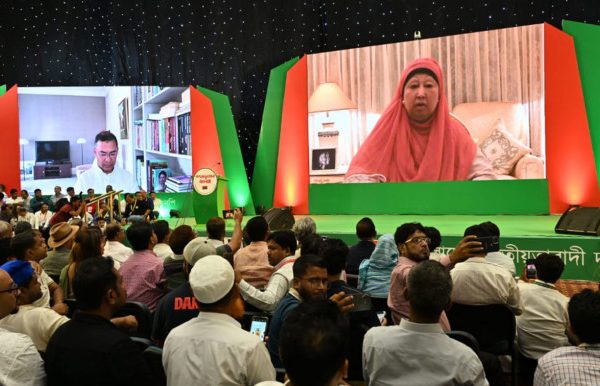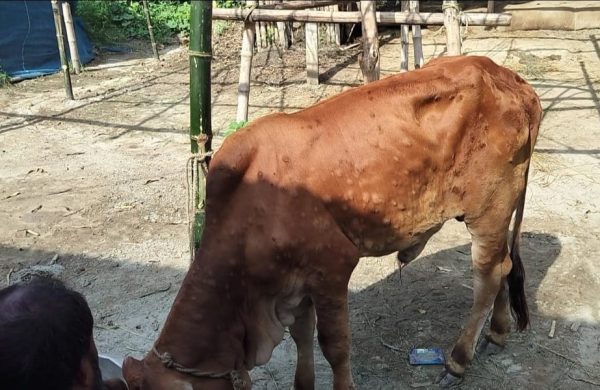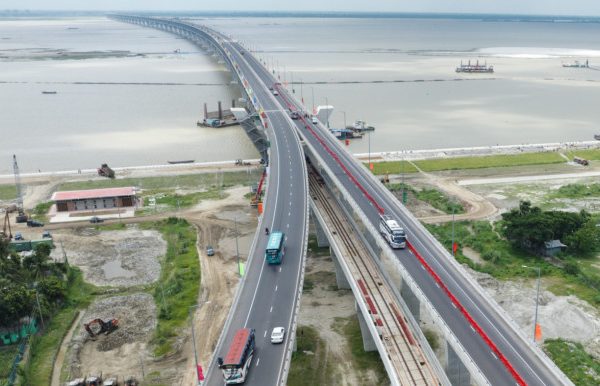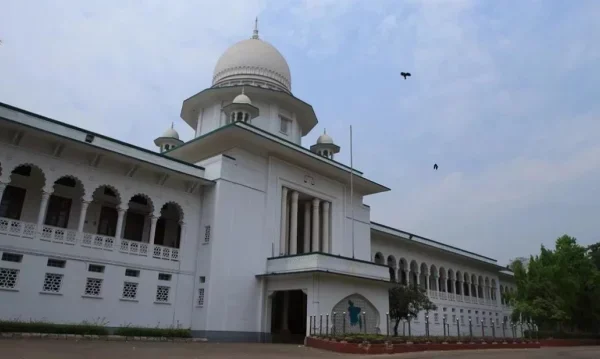Jul-Sep FDI inflow hits lowest in 11 years
- Update Time : Wednesday, January 22, 2025

P-1
TDS Desk:
The decline was attributed to factors such as political instability and economic uncertainty centering student-led mass upsurge and subsequent fall of the Sheikh Hasina-led government during the period.
According to data from the central bank, net FDI inflow in the same quarter of FY24 was $361 million. This means that net FDI inflow decreased by 71% compared to the previous fiscal year.
Since 2014, the central bank has been providing quarterly data on net FDI inflow. Out of 43 quarters from January 2014 to date, net FDI inflow in July-September 2024 was the lowest. Data from 2013 and earlier cannot be compared, as they are available only on a semi-annual or annual basis.
Syed Mahbubur Rahman, managing director and CEO of Mutual Trust Bank, told TBS, “Along with July and August, the law and order situation in September was also far from stable. Additionally, numerous scattered protests occurred in various factories. As a result, expecting a significant increase in FDI during the period would be unrealistic.”
A senior official from the central bank said foreign investment significantly declines in countries lacking political stability.
He explained, “When a new government takes office, there is often the possibility of changes in policies, including tax rates. The investors were waiting to see what policy changes might come under a stable government in the future. This is one of the primary reasons for the decline in FDI.”
According to central bank officials, lingering economic instability, including currency devaluation, may have dampened investor confidence. Besides, deteriorating credit ratings from international agencies may have negatively impacted Bangladesh’s investment climate, making it less attractive to foreign investors.
Downgrading the credit rating from International agencies may have a further negative impact on FDI, according to the economists. In July, S&P Global Ratings lowered the long-term rating outlook for Bangladesh to negative from stable, citing weakened liquidity position and risks of current domestic political conditions which may undermine the predictability of future policy responses.
Earlier in May, Moody’s Investors Service downgraded Bangladesh’s rating, but it keeps the country’s long-term outlook stable, which indicates the rating agency does not anticipate any significant changes in the economy’s creditworthiness or its ability to meet its financial obligations. Moody’s downgraded Bangladesh’s rating for the first time, placing it at B1 from the Ba3 category.
REINVESTED EARNINGS HOLD MAJOR SHARE
According to the central bank data, reinvested earnings accounted for $73 million of the net FDI during July-September of FY25. Reinvested earnings constituted 70% of the net FDI inflow in the first three months of FY25, meaning a significant portion of the country’s FDI inflow came from returns generated by previous foreign investments being reinvested.
Additionally, $77 million of FDI came as equity capital. On the other hand, intra-company loans decreased by $45 million.
When asked why reinvested earnings constitute a major portion of FDI, a senior official from the central bank explained, “The return on investment in our country is very good. As a result, many investors reinvest the income they generate from their investments.
“However, in many cases, investors face various challenges, including a dollar shortage, when trying to repatriate their earnings. Consequently, they are often compelled to reinvest their earnings.”
When asked how FDI inflow could be increased, Syed Mahbubur Rahman said, “Our top priority should be to bring law and order fully under control. In the current situation, even local investors lack confidence.
“As a result, the state of private investment in the country is not very promising. How can foreign investors gain confidence under such circumstances? Restoring their confidence is the main challenge for us right now.”


